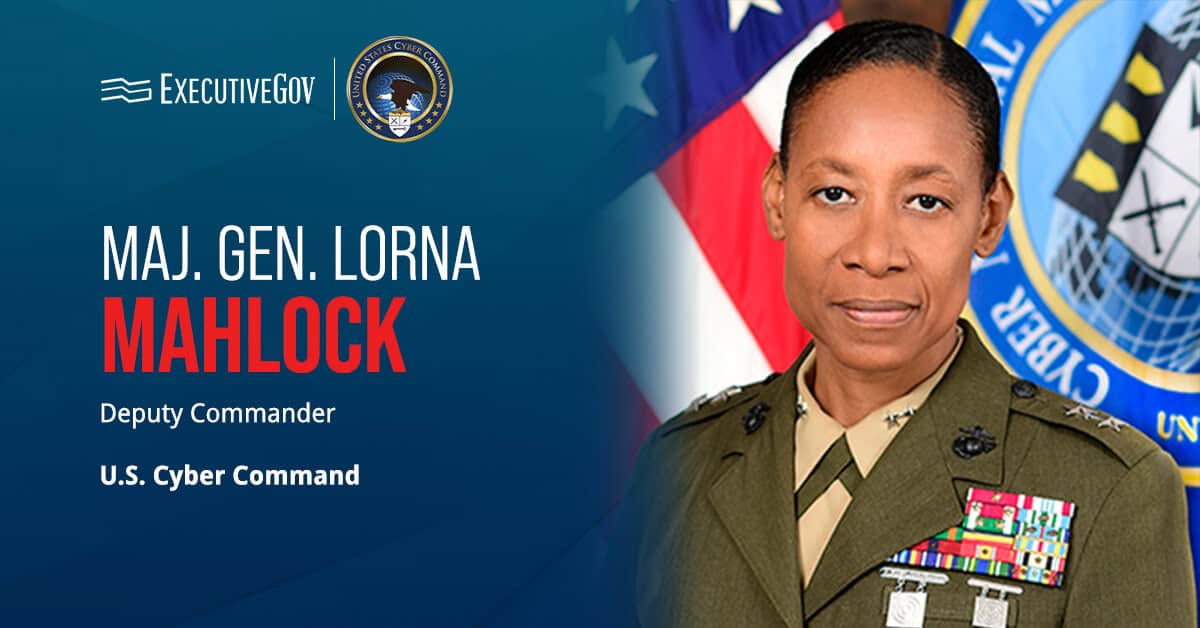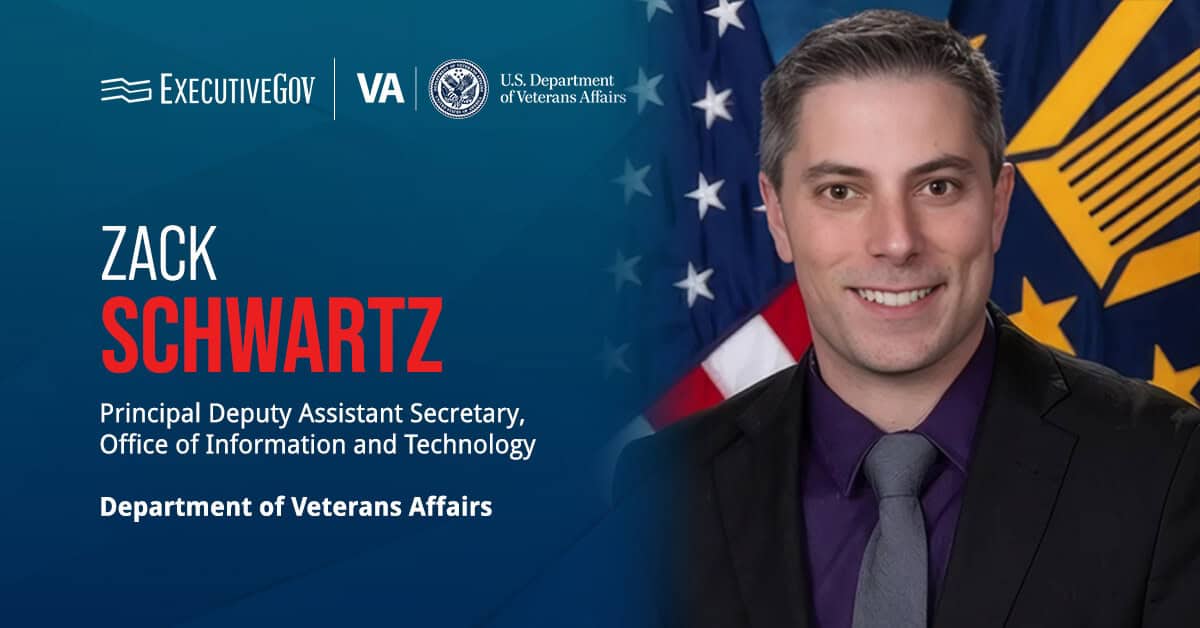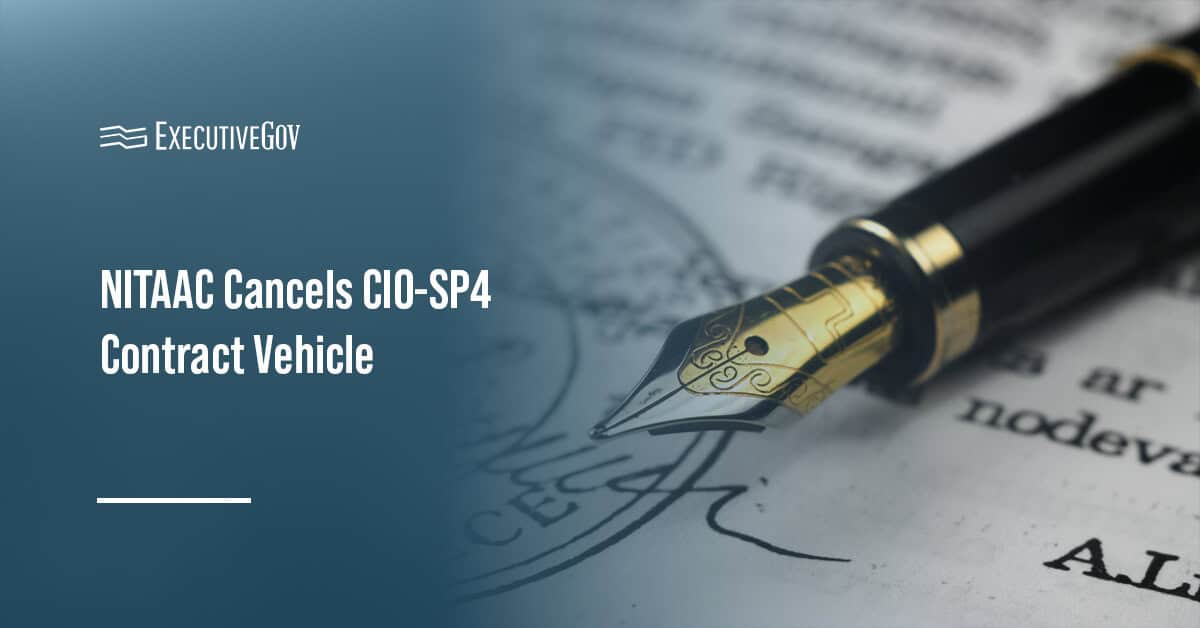 Jason Crusan, director of advanced exploration systems at NASA, has said the proposed Deep Space Gateway platform will serve as a type of an “outpost†for future space exploration missions, Federal News Radio reported Friday.
Jason Crusan, director of advanced exploration systems at NASA, has said the proposed Deep Space Gateway platform will serve as a type of an “outpost†for future space exploration missions, Federal News Radio reported Friday.“Think of it as kind of a space port, a dry dock, where we build ships, refurbish ships and then we actually stage missions from it,†he told the Federal Drive with Tom Temin about the proposed Gateway platform.
The report said NASA intends to launch a spacecraft every 30 days to three months to bring scientific experiments to the platform.
The proposed Gateway will work to track robotic missions on the lunar surface and perform communications functions.
“We’re building a certain set of capabilities, in this case an orbiting platform with communications functions, some lander capabilities and the ability for our life support systems to be sustained off-planet, away from Earth,†Crusan added.





